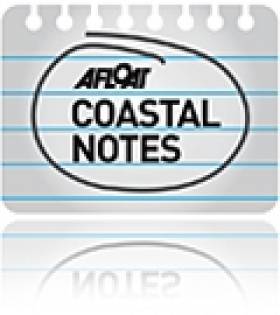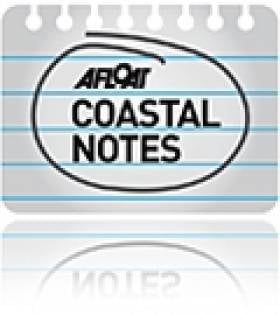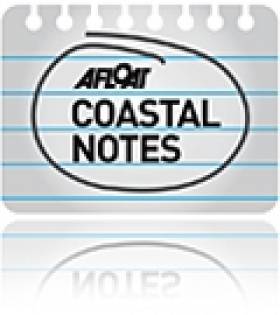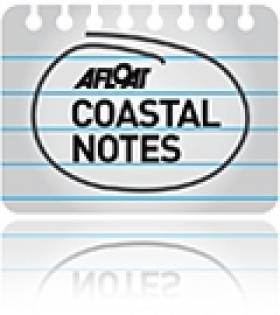Displaying items by tag: Natural Gas
Details Sought on Noise Levels Over Proposed Larne Lough Gas Plant
#LARNE LOUGH - Larne Council has looked into the concerns of local residents over a proposed £250 million (€300 million) natural gas plant at Larne Lough, the Larne Times reports.
Islandmagee Storage Limited (IMSL) has applied for planning permission for a 500 million cubic metre natural gas storage facility in Permian salt beds almost a mile beneath the lough, which is claimed would satisfy the North's peak demand for gas for over 60 days.
But locals have spoken out with their fears over noise levels, health and safety, pollution and the potential effect on tourism in the area.
Larne Council’s environmental health department carried out its own research into the proposed facility, taking these concerns into consideration.
It found that there was "no huge issue in terms of noise levels" where similar facilities are established throughout the UK and that the effect on tourism would be negligable.
However the department was “not yet happy” with data supplied by IMSL regarding noise levels and would be seeking more detailed information.
The Larne Times has more on the story HERE.
Irish Oil Firm Wins Lucrative Australian Gas Field Contract
A US$2 billion-plus contract to work in the Gorgon gas fields project in Western Australia has gone to Irish oil company Kentz, the Irish Echo reports.
The work involves support in various aspects of the construction of three processing plants for liquefied natural gas from the Greater Gorgon fields - some 130km from the northwest coast of Western Australia - with a total annual capacity of 15 million tonnes.
According to Kentz, the contract will create more than 1,650 jobs for construction personnel in Western Australia.
The Irish Echo has more on the story HERE.
Minister Grants Foreshore License for Corrib Pipeline
New Minister for the Environment Phil Hogan has signed off on a key foreshore licence to Shell Ireland, paving the way for the completion of the controversial Corrib gas project.
The Irish Times reports that the licence, subject to conditions, consents for the construction of the final 8km section of pipeline linking the Corrib gas field to Shell's onshore terminal at Ballinaboy. Co Mayo.
The scheme already has approval from An Bord Pleanála, and consents approved by former acting energy minister Pat Carey. But An Taisce has sought a judicial review of the planning decision, due before the High Court on Tuesday.
Still required by the developer before any work can begin are a revised emissions licence from the Environmental Protection Agency and a safety permit from the Commission for Energy Regulation under the Petroleum (Exploration and Extraction) Safety Act 2010.
The Irish Times has more on the story HERE.
- Natural Gas
- pipeline
- Corrib
- Corrib Gas field
- Corrib gas pipeline
- Shell Ireland
- Co Mayo
- Ballinaboy
- Minister for the Environment
- Phil Hogan
- Minister for Energy
- Pat Carey
- An Taisce
- An Bord Pleanála
- High Court
- judicial review
- Environmental Protection Agency
- Commission for Energy Regulation
- Petroleum (Exploration and Extraction) Safety Act 2010
Corrib Project is 'Safe' Says Shell
Any potential risk from the Corrib gas pipeline off Ireland's west coast has been "overstated", according to representatives from Shell.
On the final day of the An Bord Pleanála hearing into the final phase of the pipeline, the oil company's senior counsel moved to assure a concerned public that the project was designed to "the highest safety standards".
"No other Irish development proposal has been subject to such an amount of study and surveys over such a period of time,” said Esmonde Keane at the hearing in Belmullet, Co Mayo on 1 October.
The Corrib project involves the development of a gas field west of the Mullet Peninsula, including the construction of a pipeline to the mainland and a coastal processing plant. The mainland phase of the plan has attracted much concern among local residents.
Two opponents of the project, environmental consultant Peter Sweetman and Monica Muller, a local resident, walked out of the hearing in protest over Keane's closing remarks, arguing that they were intended as “a legal submission”.
































































